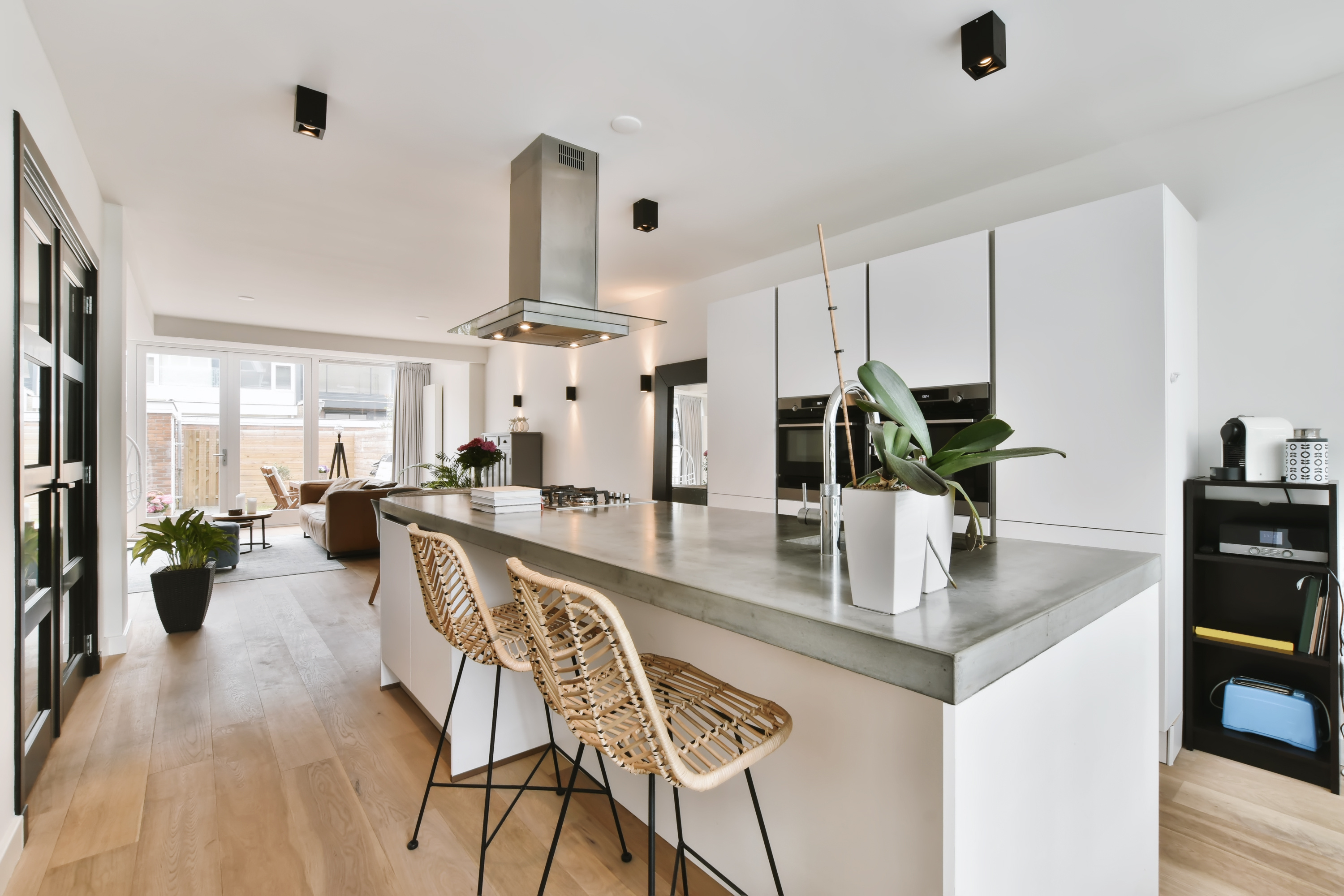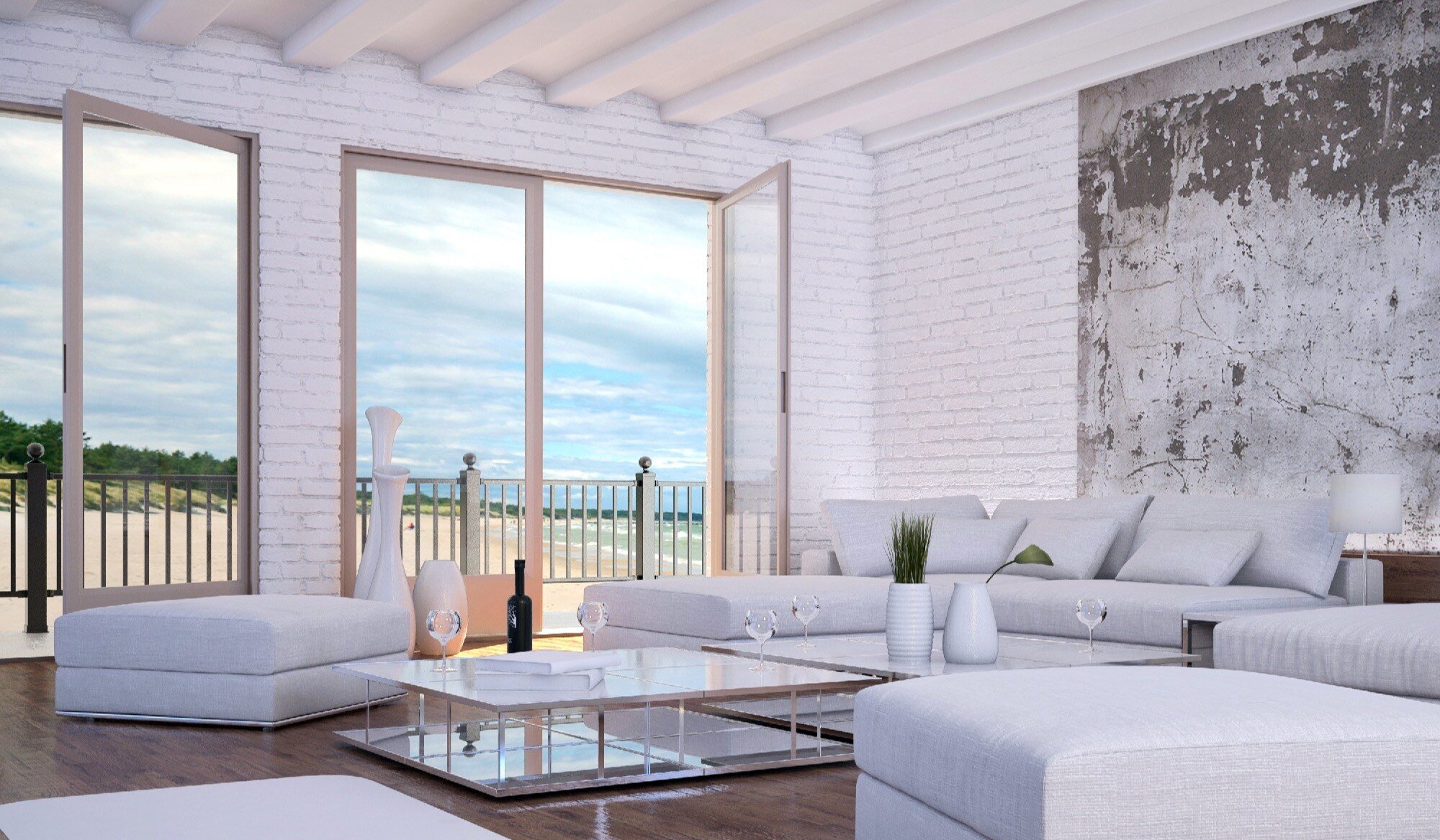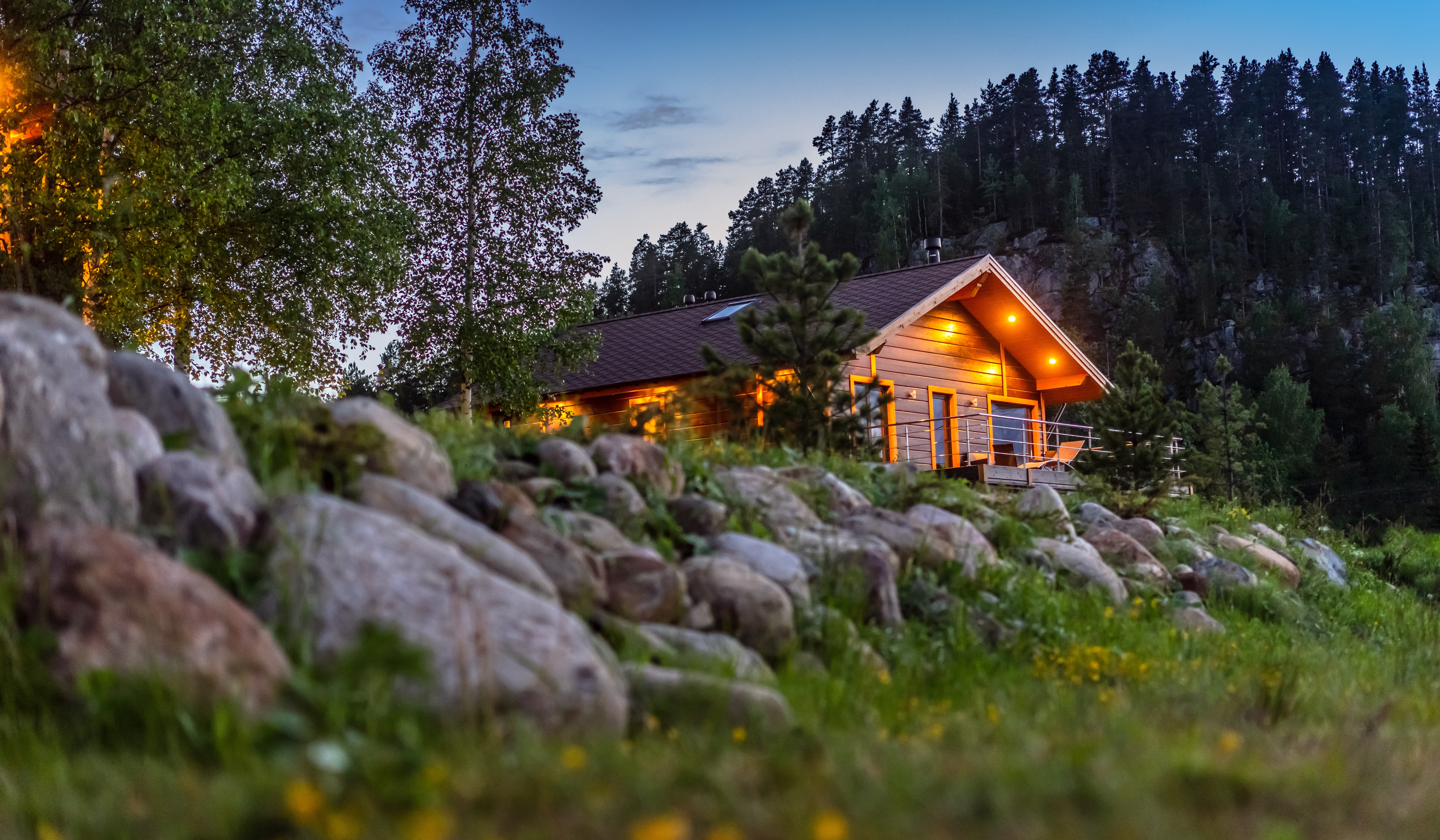
- ...
- Blog
- The New Traveler Persona: Part I

Prior to COVID-19, the vacation rental industry reaped the benefits of a steady economic climate and wanderlust-filled travelers. Consumers had more disposable income, social media created a new branch of advertising, and an influx of tech-savvy travelers were eager to pack their bags and experience the world. Professional short-term managers elevated their offerings to adapt to the needs of these travelers, and transformed what was once considered a “cottage industry” into hospitality’s fastest growing segment.
Then came COVID-19. What will likely be the biggest global event of the decade has not only halted travel, it has changed people's movement patterns, social interaction habits, and most importantly, expectations of safety and cleanliness. With a post-COVID-19 world on the horizon, how will these changes shape guest behavior?
Enter the New Traveler Persona
When bookings return, they will come with an altered guest psyche. Guests will have heightened sensitivity to hygiene and safety, and it will change how they interact with physical space. The assumption that the vacation rental property was prepared and cleaned will now be tested and scrutinized upon arrival. Because safety will be top of mind for many guests, they will no longer only familiarize themselves with where a smoke alarm or fire extinguisher may be, but look for signs of how a property was disinfected before arrival, and how the space was altered to accommodate their new cleanliness standards. These expectations add to the existing demands for ‘quality space’ and amenities (e.g. artwork, décor, and thoughtfully arranged furniture and lighting), and further blur the lines between safety, cleanliness, and quality. It will be the job of the manager to meet these precautions in order to help guests feel more confident in their stay.
How the New Persona Will Impact Travel Demand
These new expectations will shape travel’s ‘new normal’ over the next year and beyond. The cruise industry is in trouble - ships will not be sailing at capacity for some time. Tightened borders, travel restrictions and expensive ticket prices will curtail international travel. As social distancing continues, leisure travel to many urban markets will be less desirable.
But the majority of us will have been cooped up for 2 – 3 months and will be eager (bordering on desperate) for a change of scenery. Plunging oil and gas prices set the stage for a summer season where people are open to hit the road. Consumers will be more comfortable traveling in their own cars than alongside large groups in airports or mass transportation. All of this should set the stage for a summer travel season dominated by trips to lower-density locations like beaches, lakes and mountains in drive-to markets.
Conclusion
As the vacation rental landscape shifts beneath us, so do the expectations and behaviors that guests take to travel. When bookings do resume, managers can expect guests to be extra attentive to the property’s quality, safety, and cleanliness. This creates a ‘new normal’ for travel, which the short-term rental industry can leverage to grab market share and claim its hold as the safest and most preferred travel option.
For more information and updates, visit our COVID-19 Resource Page
Ready to diversify your rental portfolio?
Streamline operations for short-term rentals and multifamily residential units with Breezeway's automated work coordination and guest experience tools to ensure guests and tenant satisfaction.
More from the Blog
Visit the blog


